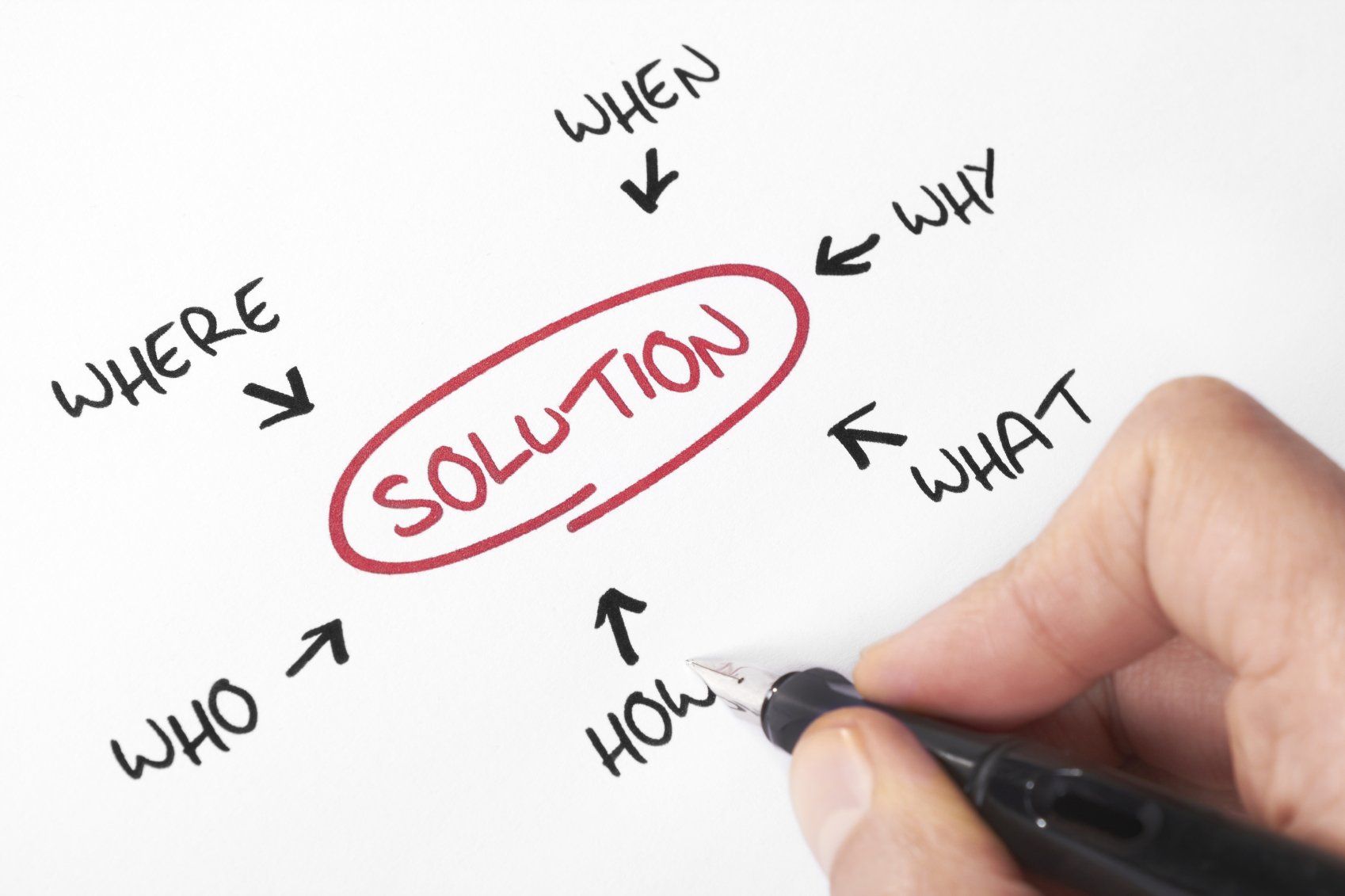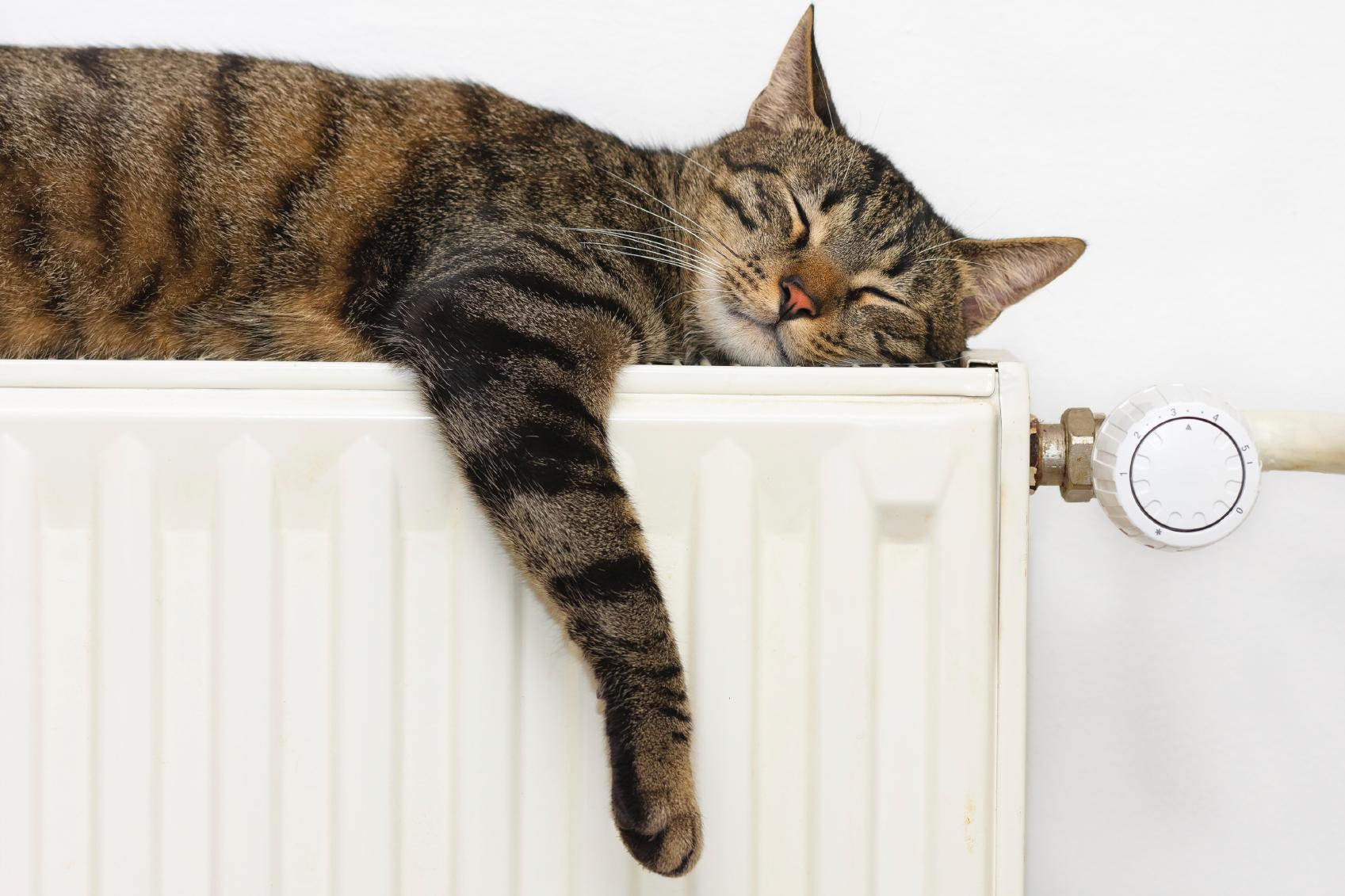Cultivating Leadership through Emotional Intelligence and Microdosing: A Fresh Perspective
Emotional Intelligence: The Heart of Leadership


Recently, the practice of microdosing – taking small, "sub-perceptual" amounts of a psychedelic substance – has gained popularity as a tool for enhancing creativity, focus, and emotional balance. While research is still blossoming in this area, some leaders have reported that microdosing helps them maintain calm, increases their empathy, and assists in problem-solving - all invaluable leadership skills.
The Synergy of EQ and Microdosing
When emotional intelligence and the potential benefits of microdosing intersect, the result can be a leader capable of steering their team with resilience, creativity, and understanding. Integrate this with Mindful practices and the ability to manage emotional landscapes, and we have a fresh perspective on leadership that is worth exploring further.
The coupling of emotional intelligence and microdosing may serve to enhance a leader’s capacity to lead with empathy, communicate effectively, solve problems creatively, and navigate through organizational challenges with ease.

Mindful Microdosing: An Unorthodox approach to Leadership
Mindful leaders are more than just managers; they are individuals who engage with their teams on a deep, personal level. They understand that effective leadership isn't just about issuing orders, but about creating a space where everyone feels heard, valued, and motivated.
To practice mindfulness in leadership means to be present in every conversation, meeting, or project, noticing the subtle dynamics of the team, and responding thoughtfully. This mindful approach builds trust, strengthens relationships, and enhances team performance.
When you combine the benefits of being a mindful leader with the potential cognitive enhancements of microdosing, it paints an intriguing picture of future leadership styles. This innovative blend could allow leaders to deeply understand their team members, make more informed decisions, and problem-solve with a clear, focused mind.
Incorporating mindfulness and microdosing into team management training and practices could foster a new era of leadership, one characterized by empathy, creativity, and enhanced understanding.
As the world of leadership evolves, being open to unconventional approaches, such as mindfulness, microdosing, and team management, could open doors to greater team cohesion and amplified success.
To have a beginner idea on Microdosing, check out
this article
of mine, and for a more in-depth and step-by-step guide on Microdosing, all you have to do is subscribe to my Newsletter -
if you're not already
- and
you'll receive the "Microdosing Magic Mushrooms pocket guide"
in your mailbox once I send out the next Newsletter!
Stay good and in high spirits!
Karim.
Want some inbox love?
Join my mailing list!




















